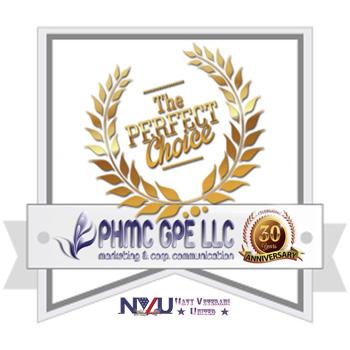Published on 08/11/2020 – Last Updated on 08/11/2020 by OTC
A few weeks ago we held another Webmaster Conference Lightning Talk, this time about Rich Results and Search Console. During the talk we hosted a live chat and a lot of viewers asked questions – we tried to answer all we could, but our typing skills didn’t match the challenge… so we thought we’d follow up on the questions posed in this blog post.
If you missed the video, you can watch it below: it discusses how to get started with rich results and use Search Console to optimize your search appearance in Google Search.
Rich Results & Search Console FAQs
Will a site rank higher against competitors if it implements structured data?
Structured data by itself is not a generic ranking factor. However, it can help Google to understand what the page is about, which can make it easier for us to show it where relevant and make it eligible for additional search experiences.
Which structured data would you recommend to use in Ecommerce category pages?
You don’t need to mark up the products on a category page, a Product should only be marked up when they are the primary element on a page.
How much content should be included in my structured data? Can there be too much?
There is no limit to how much structured data you can implement on your pages, but make sure you’re sticking to the general guidelines. For example the markup should always be visible to users and representative of the main content of the page.
What exactly are FAQ clicks and impressions based on?
A Frequently Asked Question (FAQ) page contains a list of questions and answers pertaining to a particular topic. Properly marked up FAQ pages may be eligible to have a rich result on Search and an Action on the Google Assistant, which can help site owners reach the right users. These rich results include snippets with frequently asked questions, allowing users to expand and collapse answers to them. Every time such a result appears in Search results for an user it will be counted as an impression on Search Console, and if the user clicks to visit the website it will be counted as a click. Clicks to expand and collapse the search result will not be counted as clicks on Search Console as they do not lead the user to the website. You can check impressions and clicks on your FAQ rich results using the ‘Search appearance’ tab in the Search Performance report.
Will Google show rich results for reviews made by the review host site?
Reviews must not be written or provided by the business or content provider. According to our review snippets guidelines: “Ratings must be sourced directly from users” – publishing reviews written by the business itself are against the guidelines and might trigger a Manual Action.
There are schema types that are not used by Google, why should we use them?
Google supports a number of schema types, but other search engines can use different types to surface rich results, so you might want to implement it for them.
Why do rich results that previously appeared in Search sometimes disappear?
The Google algorithm tailors search results to create what it thinks is the best search experience for each user, depending on many variables, including search history, location, and device type. In some cases, it may determine that one feature is more appropriate than another, or even that a plain blue link is best. Check the Rich Results Status report, If you don’t see a drop in the number of valid items, or a spike in errors, your implementation should be fine.
How can I verify my dynamically generated structured data?
The safest way to check your structured data implementation is to inspect the URL on Search Console. This will provide information about Google’s indexed version of a specific page. You can also use the Rich Results Test public tool to get a verdict. If you don’t see the structured data through those tools, your markup is not valid.
How can I add structured data in WordPress?
There are a number of WordPress plugins available that could help with adding structured data. Also check your theme settings, it might also support some types of markup.
With the deprecation of the Structured Data Testing Tool, will the Rich Results Test support structured data that is not supported by Google Search?
The Rich Results Test supports all structured data that triggers a rich result on Google Search, and as Google creates new experiences for more structured data types we’ll add support for them in this test. While we prepare to deprecate the Structured Data Testing Tool, we’ll be investigating how a generic tool can be supported outside of Google.
Stay Tuned!
If you missed our previous lightning talks, check the WMConf Lightning Talk playlist. Also make sure to subscribe to our YouTube channel for more videos to come! We definitely recommend joining the premieres on YouTube to participate in the live chat and Q&A session for each episode!
Posted by Daniel Waisberg, Search Advocate











Comments